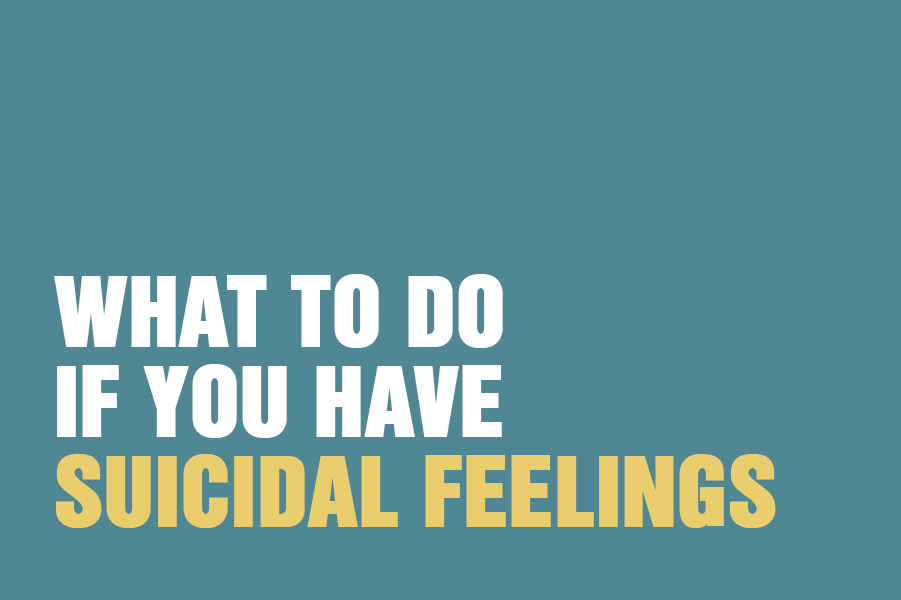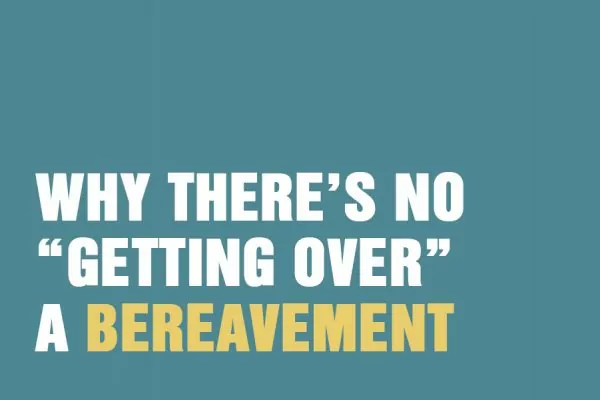World Bipolar Day is celebrated on 30th March each year, the birthday of artist Vincent Van Gogh, who was diagnosed as having bipolar after he died. Yet, if you have someone in your life who lives with bipolar disorder, you’ll know that life can be a challenge every day of the year.
The aim of this annual awareness day is “to educate and improve sensitivity towards the illness and to eliminate social stigma”. No mean feat, especially as it’s estimated that bipolar disorder is the sixth leading cause of disability worldwide, and affects 30 million people across the globe.
While it may be some time before the social stigma reduces or disappears, there are some supportive ways you can help a friend, partner, colleague or family member who has bipolar disorder.
What is bipolar disorder?
Bipolar disorder is a mental illness that’s also called manic-depressive disorder. People with the condition have moods that swing between two poles – from being extremely high or manic, to being extremely low and depressive. Moods in between can be ‘normal’. Generally medication is needed to keep the balance.
During periods of mania, the person can become over-confident, behave bizarrely, have grandiose ideas and loads of energy. They can also become sexually uninhibited and spend loads of money quickly and rashly. The person may not realise they are becoming manic, and may actually enjoy the rush of feeling positive and excited. However, some can regret what they do when manic as their feelings and actions become detached from reality.
During periods of depression, the person becomes intensely sad and low, feels hopeless, and loses interest in life. Daily tasks may become a struggle. They may also suffer from sleep problems, irritability, and may sometimes have thoughts of suicide.
There are two types of bipolar disorder. Bipolar I is where the person has mania – which can include hallucinations or delusions, and may involve being hospitalised. With Bipolar II the person has hypomania, which is less severe than mania, and may involve a cheerful, energetic mood that is heightened but does not affect everyday relationships or activities.
How to help someone with bipolar disorder
Be part of a social support network. Support is key for someone who has been diagnosed with bipolar disorder – whether that’s showing support by popping round to see them, or encouraging them to join support groups where they can meet with other people with the same condition. Bring in other friends and family members to join the support network so not all the responsibility falls on one person’s shoulders. Being part of a network supports the main carer, which is vital. It can be a lot to handle if the person with bipolar is having a depressive episode and cannot engage with the external world, or if they are manic and behaving erratically.
Plan in advance. A good time to do this is when the person’s mood is stable. You can create plans for what to do when they become depressive or manic. Ask how best you can help in an emergency. They need to agree the plan to be actioned. Having a plan can offer peace of mind for them and for you.
Read up about bipolar disorder to help you recognise when your loved one may be entering a manic or depressive phase. Support them in seeing their GP where necessary and in taking their medication. A professional needs to manage medication and the patient needs to attend regular appointments. Ideally they should be in the care of a psychiatrist, and the treatment plan is shared with the GP and the mental health team.
To treat bipolar a client needs to be in ongoing therapy with a therapist who understands and works with bipolar disorder. The therapist should also have a copy of the plan, which needs to be updated every three months. Therapy can be a place to explore the triggers, as everyone is an individual and needs to be treated as such. Therapists work with the person, not just the diagnosis. The therapy may involve tracking moods and thoughts, as well as spotting challenging behaviours and what to do to change them. Psychotherapy can also help to identify ways to improve relationships and quality of life.
Working with a therapist long term – and having the support of a psychiatrist for ongoing assessment and medication management – can help to reduce the frequency of episodes. A client’s episodes may reduce to once a year, or once every three years – or never – if the client and professional team stick to a plan.
If bipolar goes untreated then most people with the disorder may be sectioned for a period of time. This can be traumatic for the patient as well as for family and friends.
If you or someone in your life could benefit from psychotherapy for bipolar disorder, call 020 8673 4545 to be referred to one of our therapists. You can also email [email protected]







